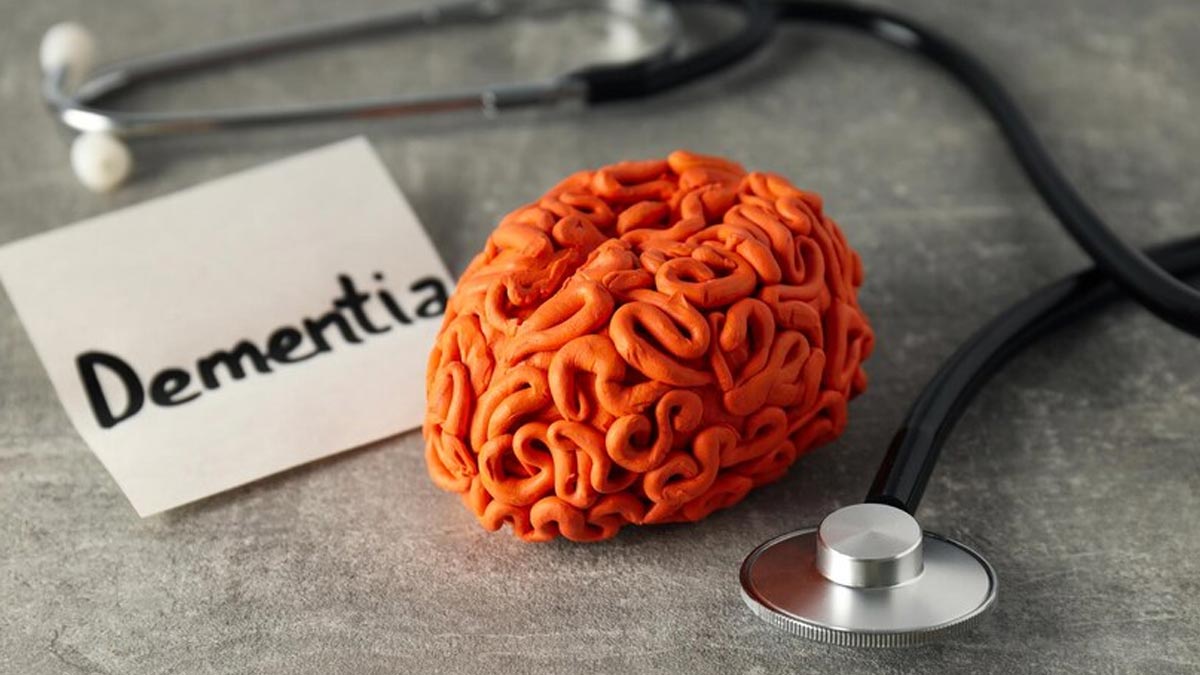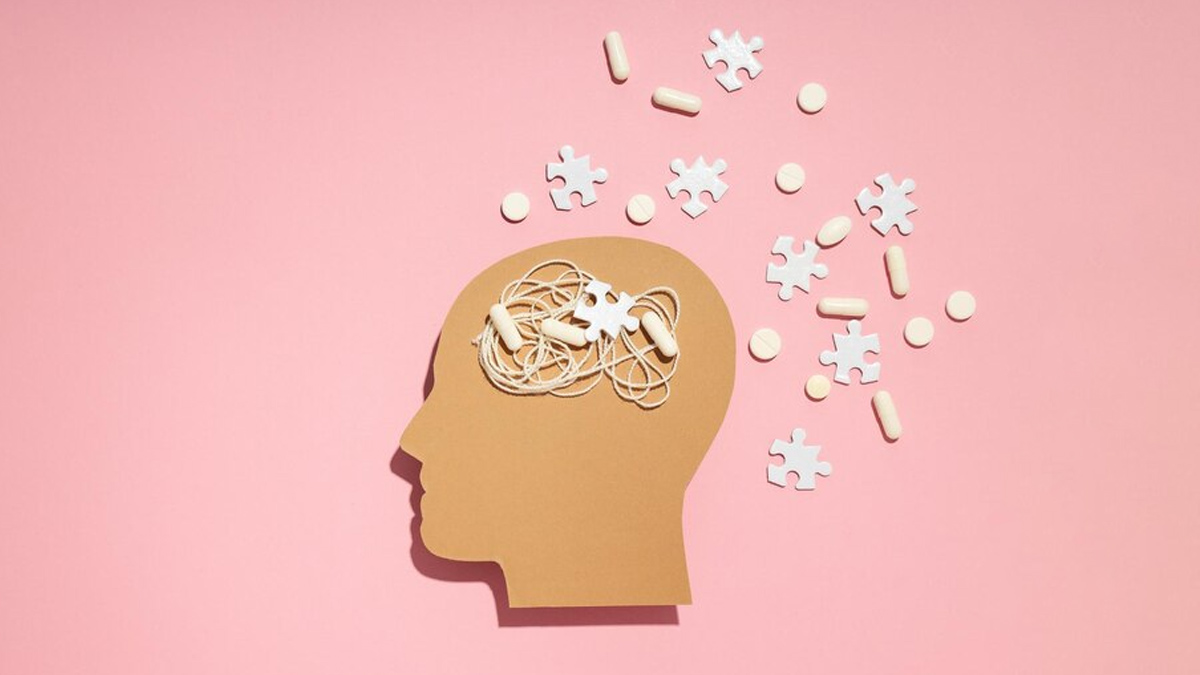
A study has revealed that profiles of proteins in the blood can accurately predict dementia nearly 15 years before the disease is diagnosed.
Recent analysis of around 1,500 blood proteins done by Nature Aging identified blood tests that can detect Alzheimer's disease and other forms of dementia at an early, pre-symptomatic stage.
Procedure Of The Research
Blood samples of 52,645 healthy adults in the UK Biobank of whom 1,417 developed dementia in a 14-year period. The study was conducted by the scientists of The University of Warwick, UK and Fudan University, Shanghai.
They found that high blood levels of four proteins — GFAP, NEFL, GDF15 and LTBP2 — were strongly associated with dementia.
The blood samples were collected between 2006 and 2010. They were frozen and then analysed 10-15 years later between 2021 and 2022. Till March 2023 around 1,417 participants of the study went on to develop dementia. The blood of these people showed dysregulation of protein biomarkers.

The study stated, “Of 1,463 proteins analysed, aided by with a type of artificial intelligence known as machine learning, 11 proteins were identified and combined as a protein panel, which the researchers have shown to be highly accurate at predicting future dementia. Further incorporation of conventional risk factors of age, sex, education level and genetics, showed for the first time the high accuracy of the predictive model, measured at over 90%*, indicating its potential future use in community-based dementia screening programs.”
Further on, it was stated that protein like Glial Fibrillary acidic protein, GFAP has been identified earlier as potential biomarkers for dementia in smaller studies but the new study is much larger and conducted many years.
How Can Dementia Be Prevented After Early Diagnosis
For those with dementia, early diagnosis is critical. According to the study, the progress of Alzheimer’s can be slowed down through new drug technology or can even be reversed but the only cure here is that it should be detected early enough. The drug lecanemab is one of two new treatments for the disease.
The lead author of the study Professor Jianfeng Feng, from the Department of Computer Science, University of Warwick, hopes future drugs may be developed to interact with the proteins identified in the study.

Professor Feng emphasised that artificial intelligence and protein analysis when combined can offer a promising avenue for precision medicine. This is highly important for screening mi-aged to older individuals who are at risk of dementia. “This model could be seamlessly integrated into the NHS and used as a screening tool by GPs”, said Professor Feng.
Professor Wei Cheng, a co-corresponding author from Fudan University, explained that this research builds on the team’s previously developed dementia prediction model which used variables, such as age, presence of a certain gene and mother’s age at death. “Compared to our previous work, the newly developed protein-based model is obviously a breakthrough”, he said.
Another corresponding author Professor Jintai Yu, a neurovegetative disease specialist from Fudan University, added: “The proteomic biomarkers are more easily to access and non-invasive, and they can substantially facilitate the application of large-scale population screening”.
How we keep this article up to date:
We work with experts and keep a close eye on the latest in health and wellness. Whenever there is a new research or helpful information, we update our articles with accurate and useful advice.
Current Version